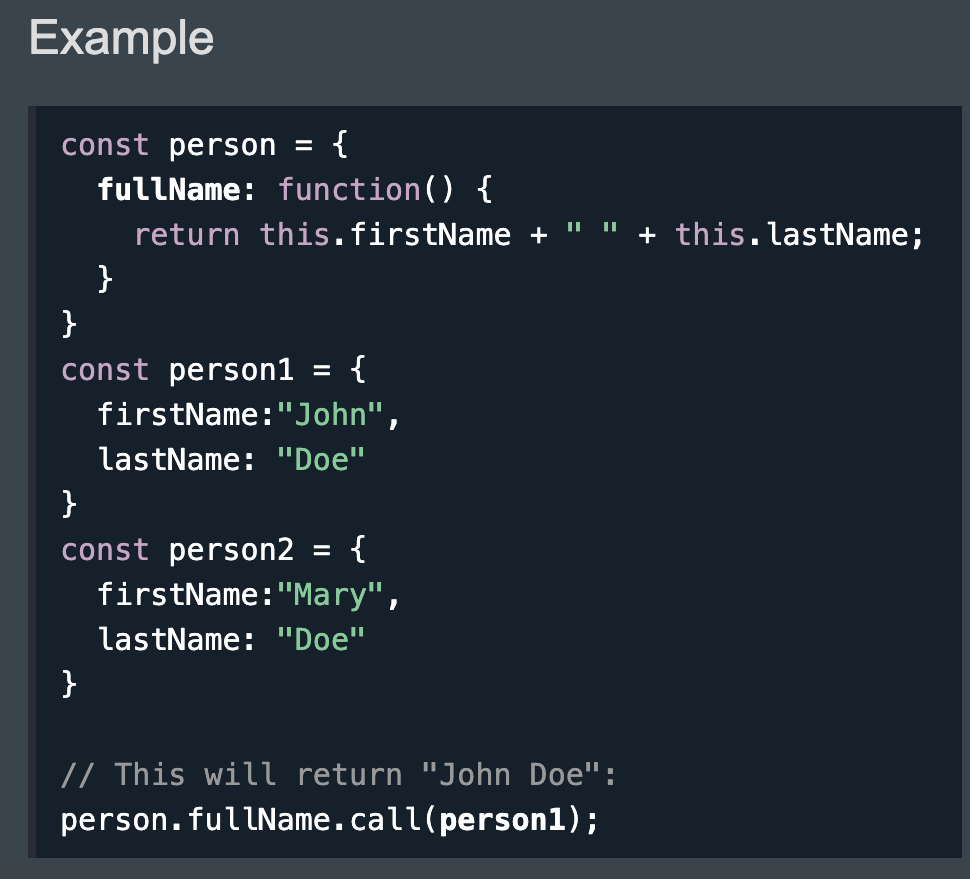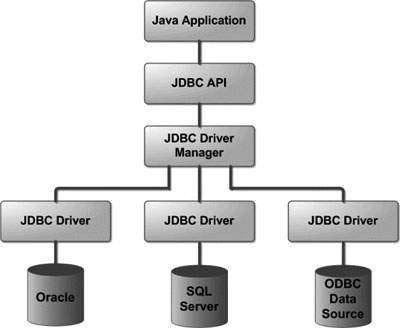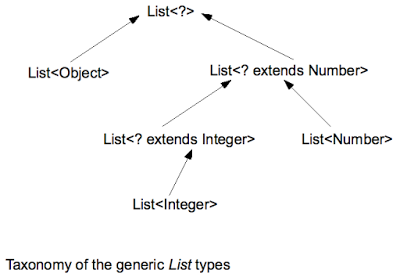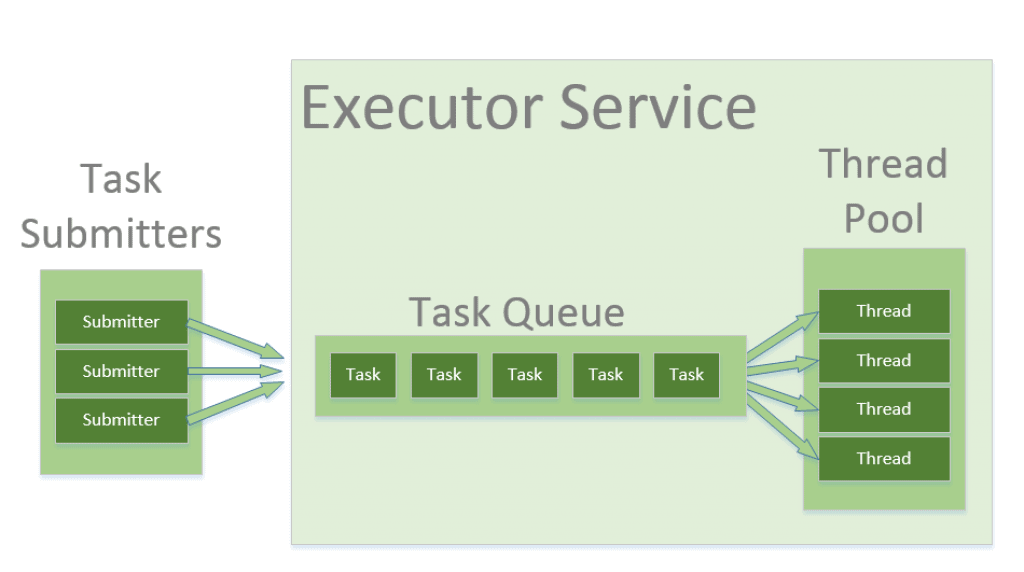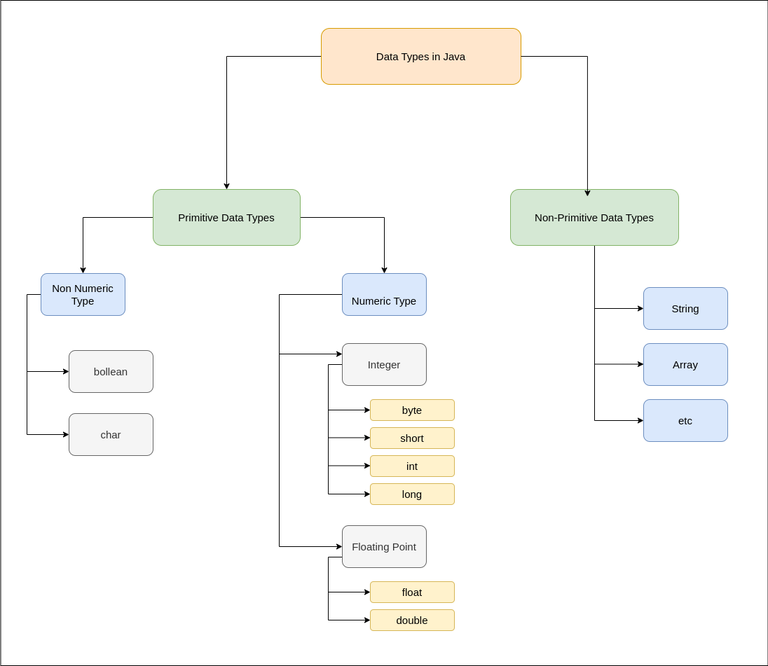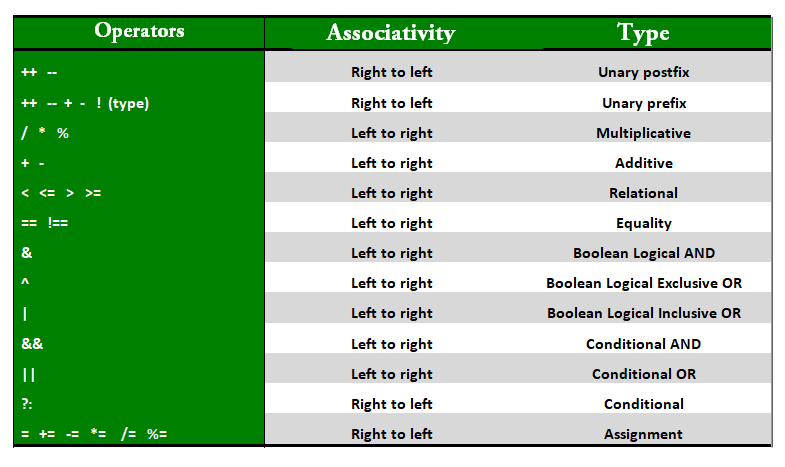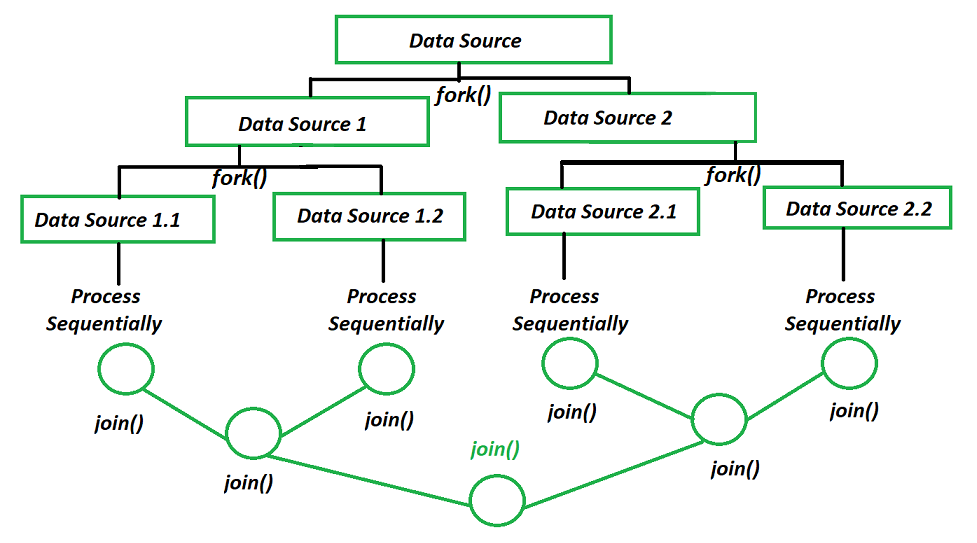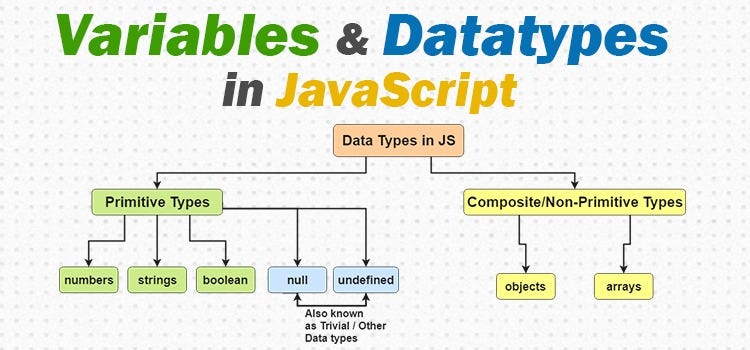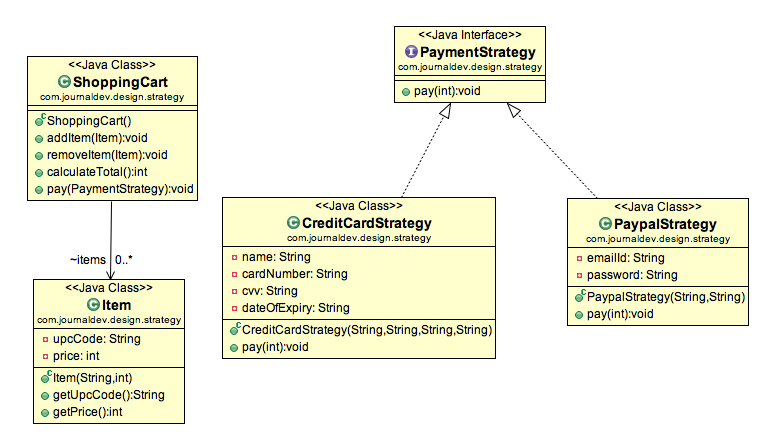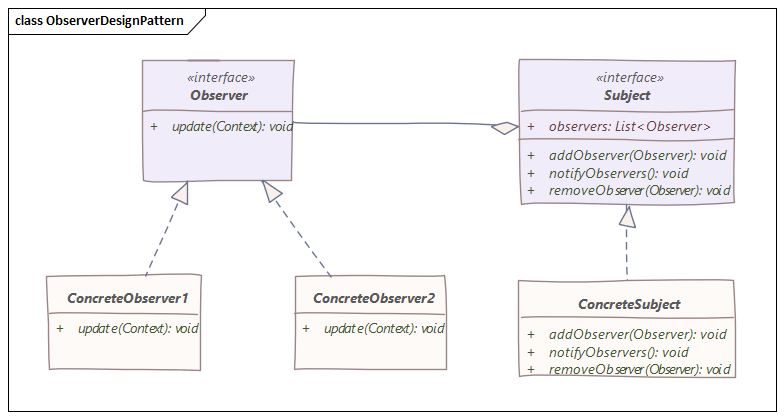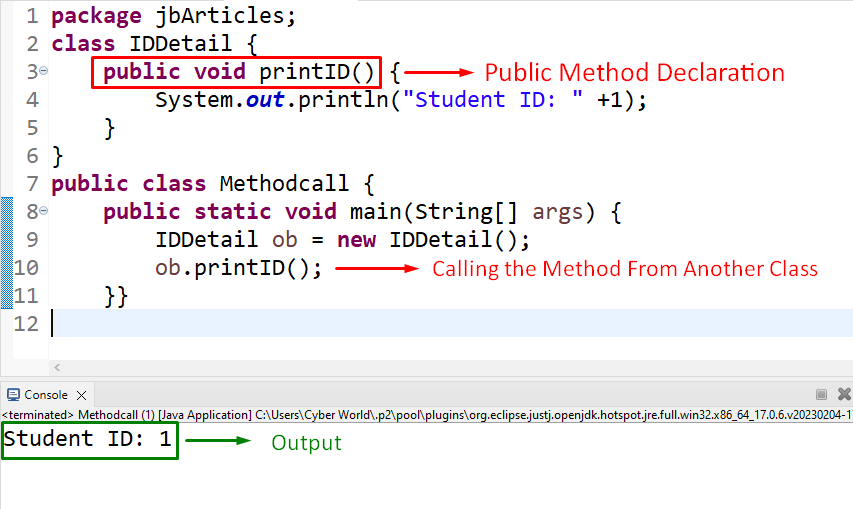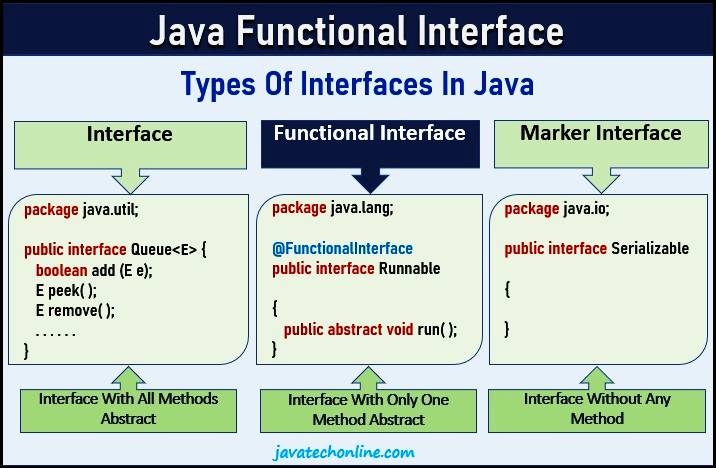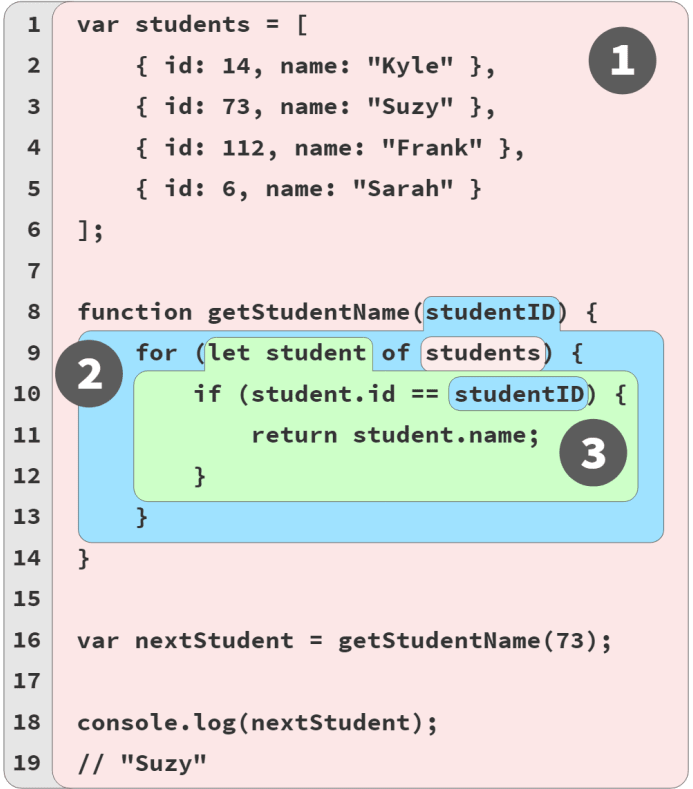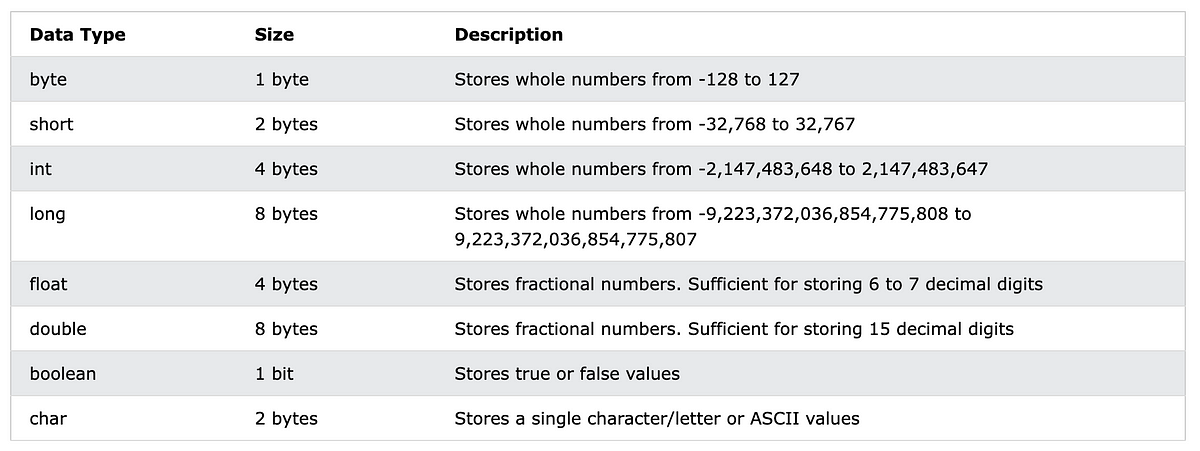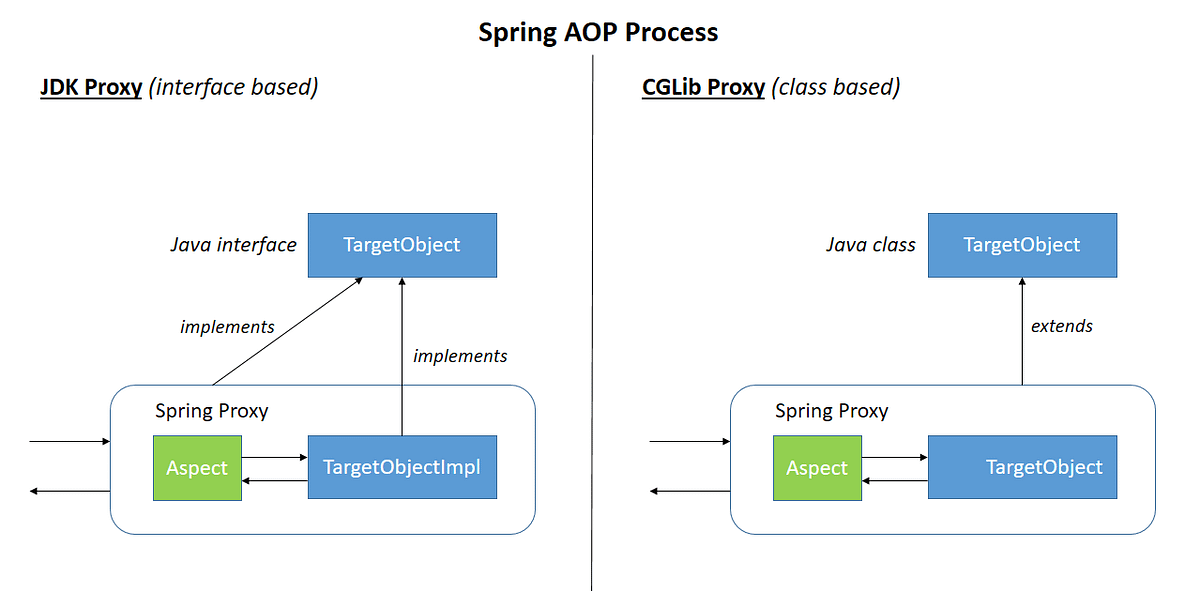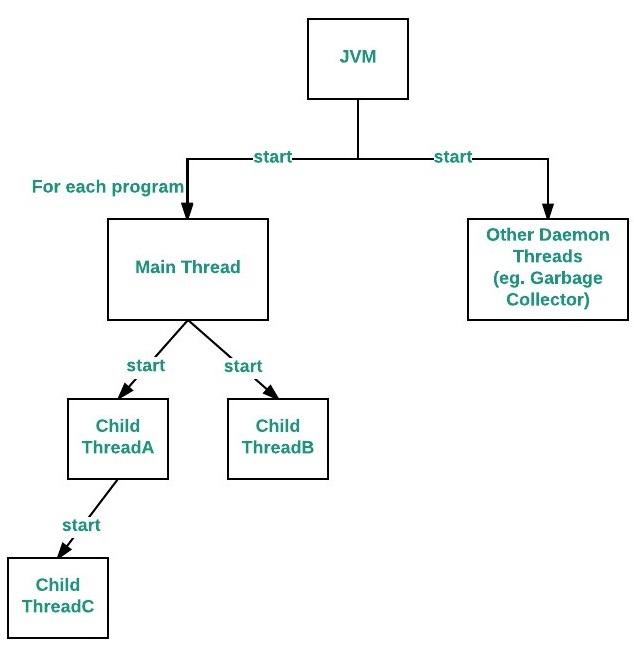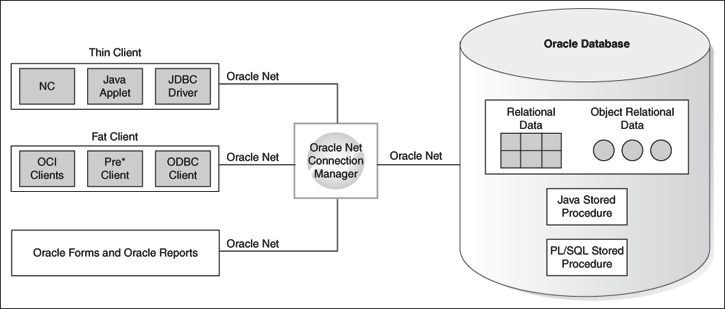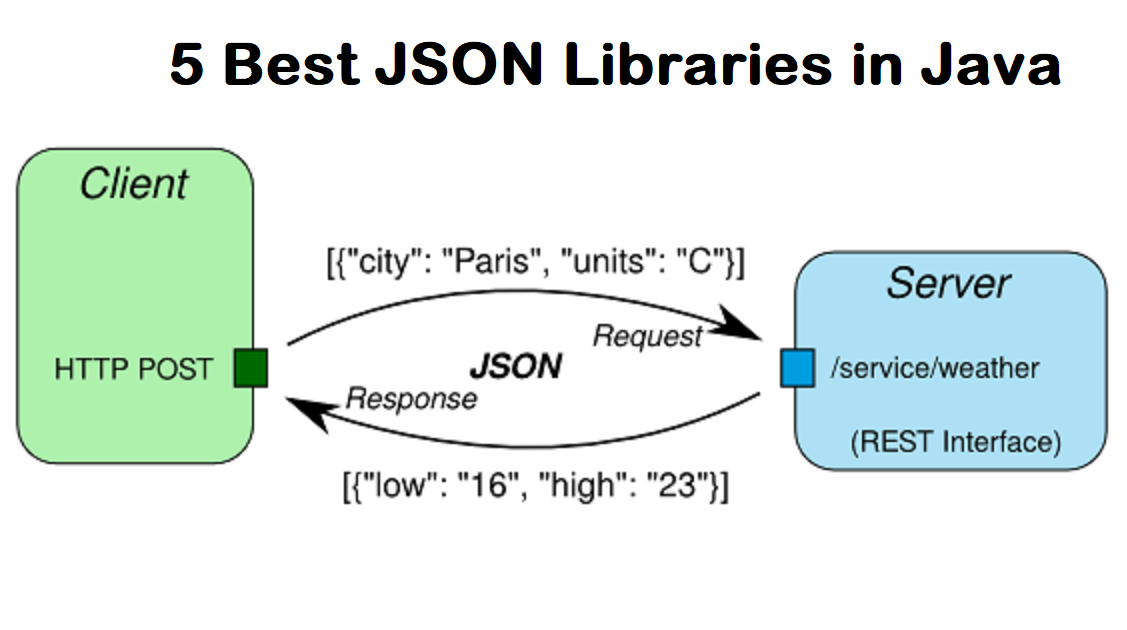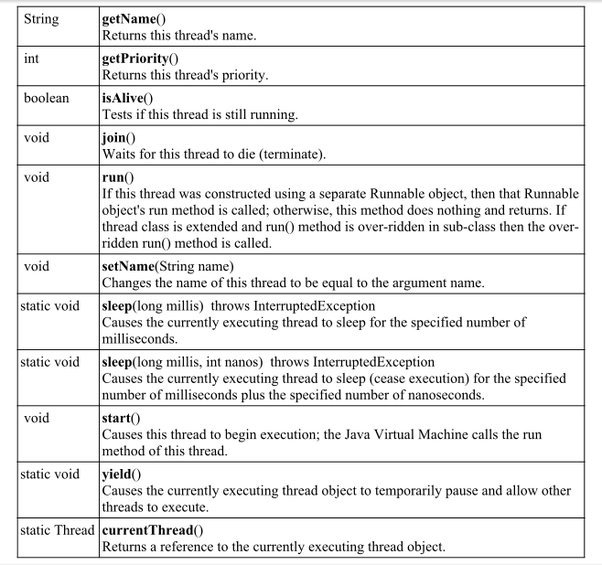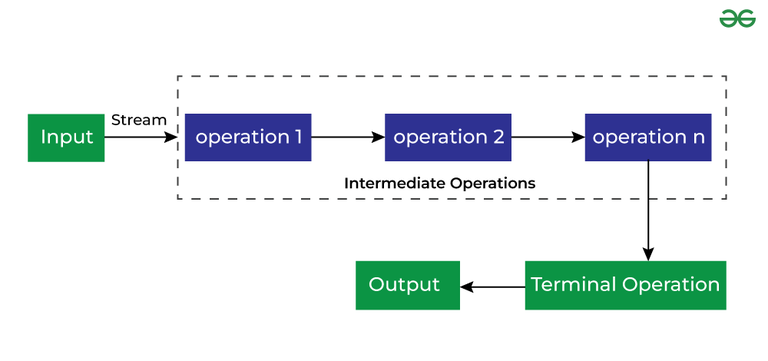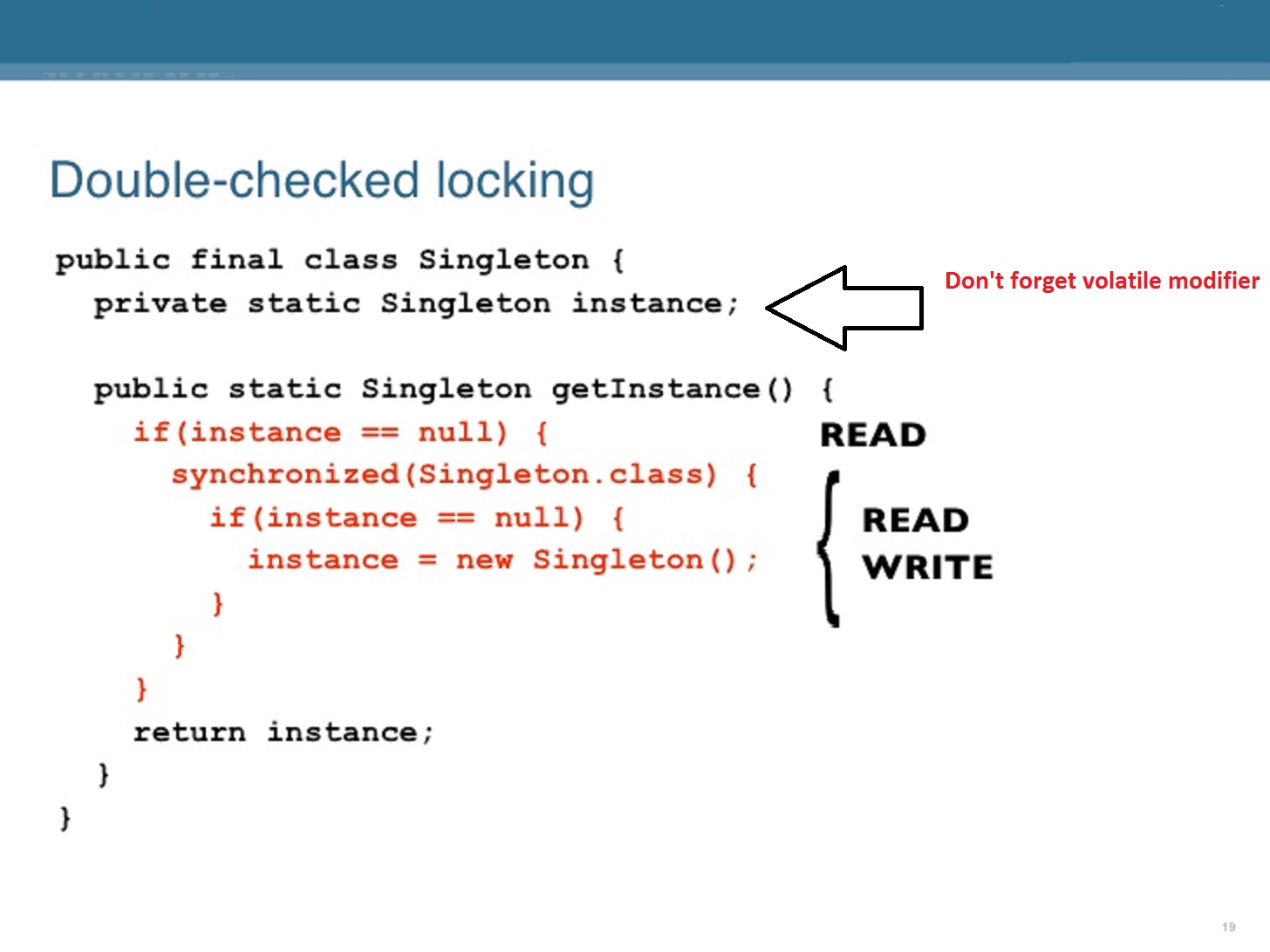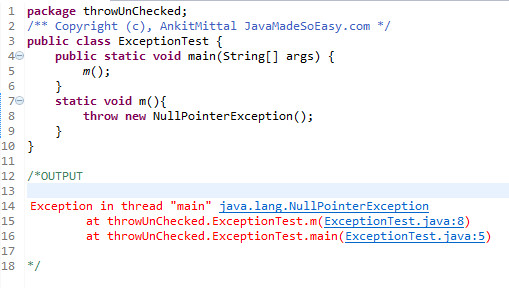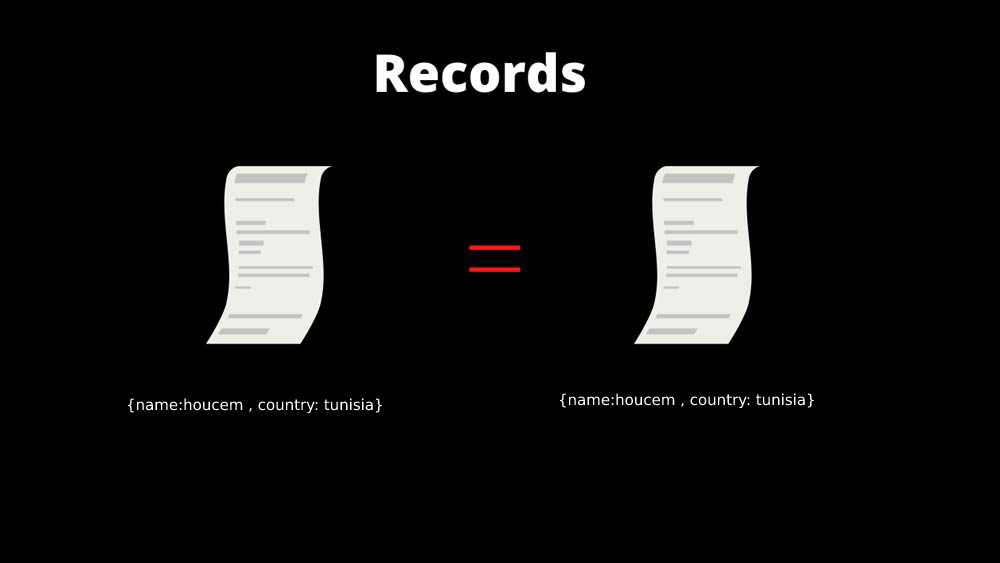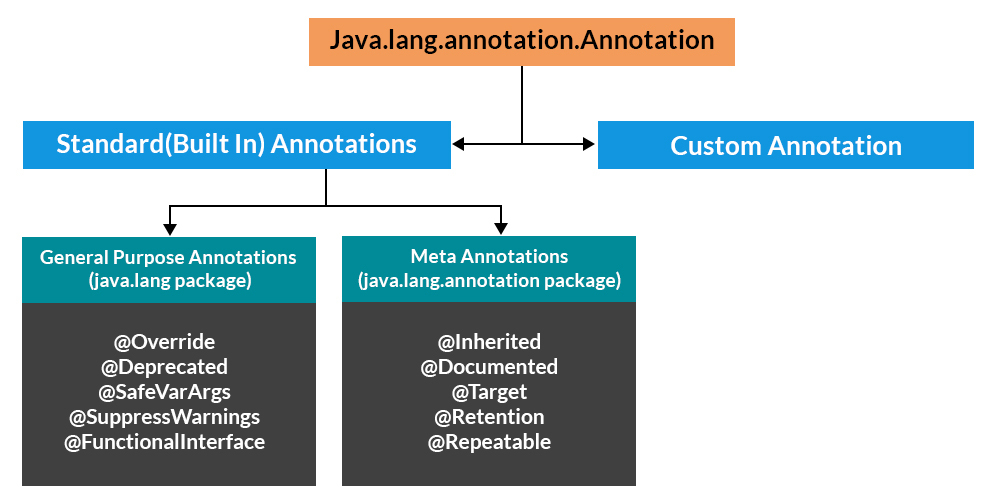atomic variables vs volatile in java
atomic variables vs volatile in java
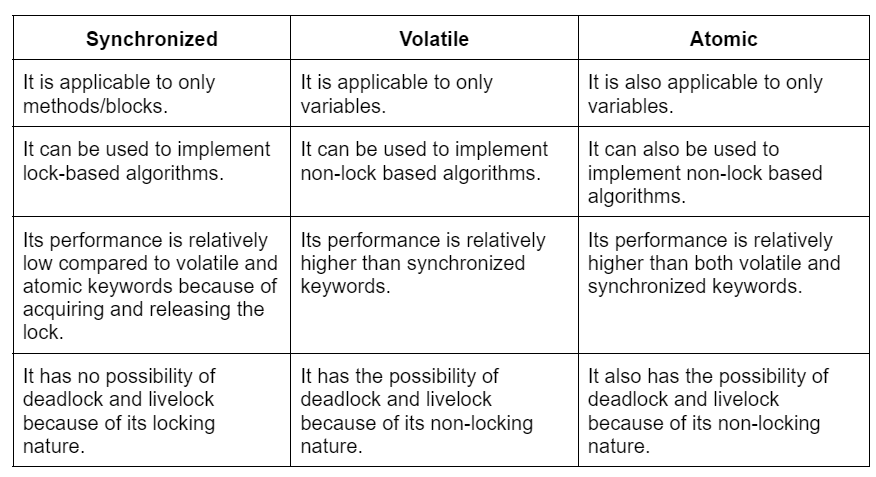
I'll respond in English as per your request.
Atomic variables and volatile are two distinct concepts in Java that help ensure thread-safety in multi-threaded programs. While they serve similar purposes, they operate differently and have different use cases.
Atomic Variables
Atomic variables are a way to perform operations on shared variables in a thread-safe manner. In Java, atomic variables are implemented using the AtomicXXX classes (e.g., AtomicInteger, AtomicLong, etc.) from the java.util.concurrent.atomic package.
When you update an atomic variable, the JVM ensures that the operation is executed atomically, meaning that it's treated as a single, indivisible unit. This prevents other threads from interfering with the update process or reading incomplete results.
Atomic variables offer several benefits:
Thread-safety: Atomic variables ensure that updates to shared state are thread-safe, preventing data corruption and inconsistencies. Improved performance: By minimizing the need for locks and synchronizations, atomic variables can improve program performance and responsiveness. Simplified code: Atomic variables abstract away low-level concurrency concerns, making it easier to write concurrent code.Volatile Variables
volatile is a keyword used to declare variables that are accessed by multiple threads. When a volatile variable changes, the JVM ensures that all threads see the updated value immediately, without requiring any additional synchronization mechanisms (like locks).
In Java, using volatile helps ensure that:
volatile, you guarantee that changes to that variable will be reflected in all threads soon enough. Avoid stale data: When multiple threads access the same volatile variable, they'll always see the latest value, preventing them from using stale or outdated information.
However, volatile variables have limitations:
volatile doesn't guarantee that updates are atomic; other threads might still interfere with the update process. Lack of synchronization: Without additional synchronization mechanisms (like locks), accessing and updating volatile variables can lead to data inconsistencies or race conditions.
Key differences
To summarize:
Atomic variables ensure thread-safety for updates by providing a single, indivisible unit of operation.Volatile variables primarily help ensure that changes are propagated quickly across threads, without guaranteeing atomicity or thread-safety.
When to use each?
Use atomic variables when you need to update shared state in a thread-safe manner (e.g., updating a counter). Usevolatile variables when you want to ensure that changes are propagated quickly across threads (e.g., updating a flag that triggers an event).
Remember, understanding the nuances of atomic variables and volatile variables is crucial for writing robust, thread-safe Java programs.
What is the atomic data type in Java?
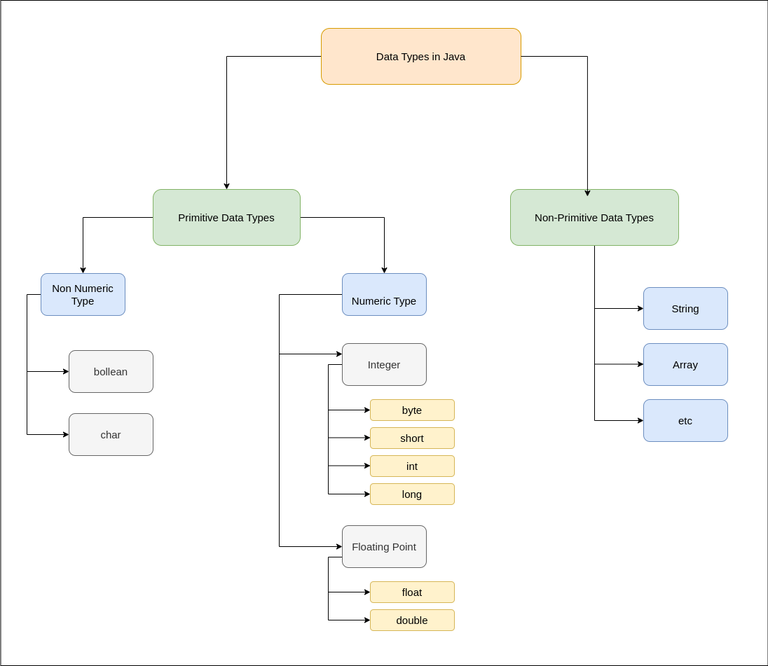
I'd be happy to respond in English!
In Java, the atomic data type refers to primitive types that are immutable and can't be changed once they're created. These types include boolean, byte, char, short, int, long, float, and double.
The term "atomic" comes from the fact that these primitive types are essentially indivisible, meaning you can't break them down into smaller components or change their values directly. This is in contrast to object-oriented data types like String or Integer, which can be changed or modified after creation.
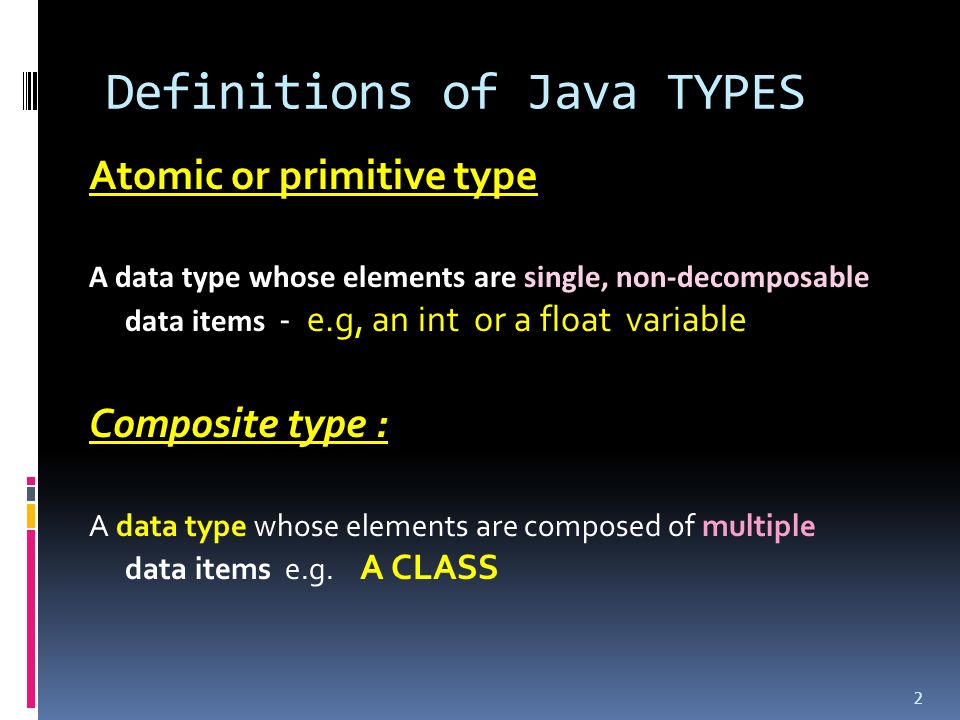
One important characteristic of atomic data types is that they're always passed by value, not by reference. This means that when you pass an atomic type as a method parameter, the actual value is copied into the method's parameter variable, rather than referencing the original variable.
For example, consider the following code:
public class Example {public static void main(String[] args) {
int x = 5;
change(x);
System.out.println("Value of x after calling change(): " + x);
}
public static void change(int y) {
y = 10; // This does not affect the original value of x
}
}
In this example, when change() is called with x as its argument, a copy of x's value (5) is passed to change(). The assignment y = 10; inside change() has no effect on the original value of x, which remains 5.
This property of atomic data types ensures that they can't be accidentally modified by other parts of your program, making them a fundamental building block for reliable and predictable code.


